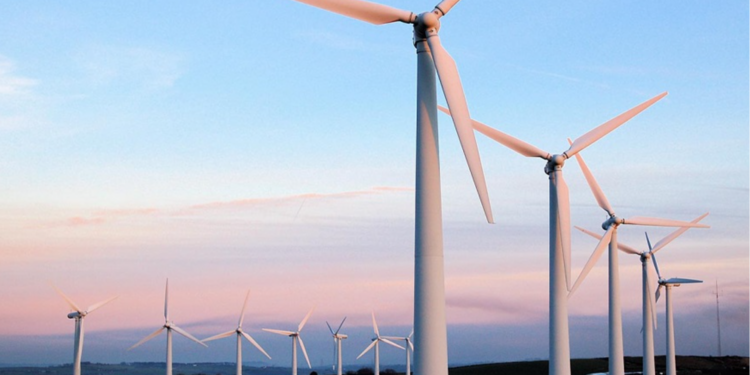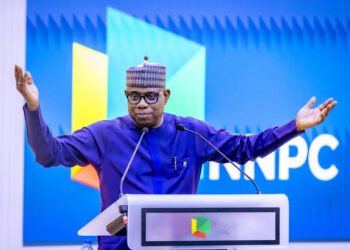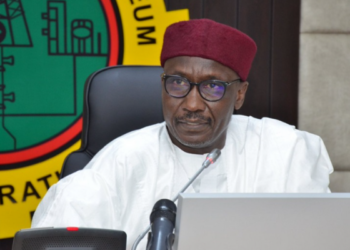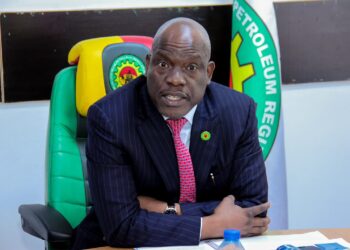There are 32 million tons of solid waste generated a year in Nigeria and these could be actively recycled to support renewable energy growth in the country.
This is according to Kanayochukwu Odoe, the Managing Director, of NNPC New Energy Limited. He said this during an October 24 interview on the “Energy and You” weekly series organized by the Nigerian National Petroleum Company Limited (NNPCL).
In the interview, Odoe discussed the pivotal role of the Nigerian National Petroleum Company Limited (NNPCL) in advancing renewable energy goals in Nigeria.
Notably, NNPCL is the first state-owned oil company to join the United Nations Global Compact, signifying its commitment to sustainable practices.
During the conversation, Odoe emphasized the need for efficient solid waste recycling in Nigeria to facilitate greater adoption of renewable energy.
He pointed out that recycling even a portion of the 32 million tons of solid waste generated annually could significantly reduce the demand for raw materials, as these materials could be sourced from recycling processes.
Odoe also stressed the importance of government involvement in regulating and implementing policies related to recycling, drawing examples from countries like Rwanda, where plastic bans have proven effective.
He highlighted the necessity of improved management of waste disposal sites to mitigate carbon emissions resulting from haphazard dumping.
He underscored that while the Climate Change Act addresses such concerns, effective enforcement is crucial. Moreover, Odoe clarified that NNPCL’s decision to join the UN Global Compact reflects its dedication to promoting renewable energy in Nigeria.
As part of this commitment, the Global Compact will assess Nigeria’s efforts based on key parameters:
- The percentage of NNPCL’s budget allocated to renewable energy initiatives.
- The nature of NNPCL’s collaborations with major players in the renewable energy sector.
- The successful implementation of renewable energy projects within the country.
This move signifies NNPCL’s intent to align with international sustainability standards and actively contribute to the development of renewable energy solutions in Nigeria.
He said:
- “One of the greatest advantages we have in this part of the world is the resources required to go into renewable energy are abundant, the technologies are not so complex, and it depends on which part of the technology you want to go with. For instance, we import solar panels for now, but I am sure that Nigerians are moving towards manufacturing and producing here.
- “Now we talk of biofuels; those are things that you do not really need any complex technology to produce or manufacture, we can go into the production of biofuels. Then we have geothermal energy where we can use the high-temperature oil fields we have to generate energy.
- “The other part will be biogas from waste, we have abundant waste around – agricultural and human waste that we can convert to some form of renewable energy.”
The current strategies and partnerships in place, as explained by Odoe, involve collaborative efforts with Kebbi state and energy service company, 3D Hitech Systems Limited.
Their primary goal is to harness the potential of cassava to produce ethanol, which will be blended with Premium Motor Spirit (PMS), commonly known as petrol.
This innovative approach aims to reduce the reliance on traditional fossil fuels and promote sustainable energy sources. Also, Odoe’s office is actively exploring the production of biodiesel.
They are currently in discussions with the Cross River state government to establish palm plantations for the cultivation of palm oil, which will then be refined into biodiesel.
This biodiesel can be utilized as an eco-friendly alternative to conventional jet fuel.
In line with these initiatives, they are also considering the implementation of cutting-edge technologies to transform organic compounds, further enhancing their commitment to environmental sustainability and renewable energy solutions.
























